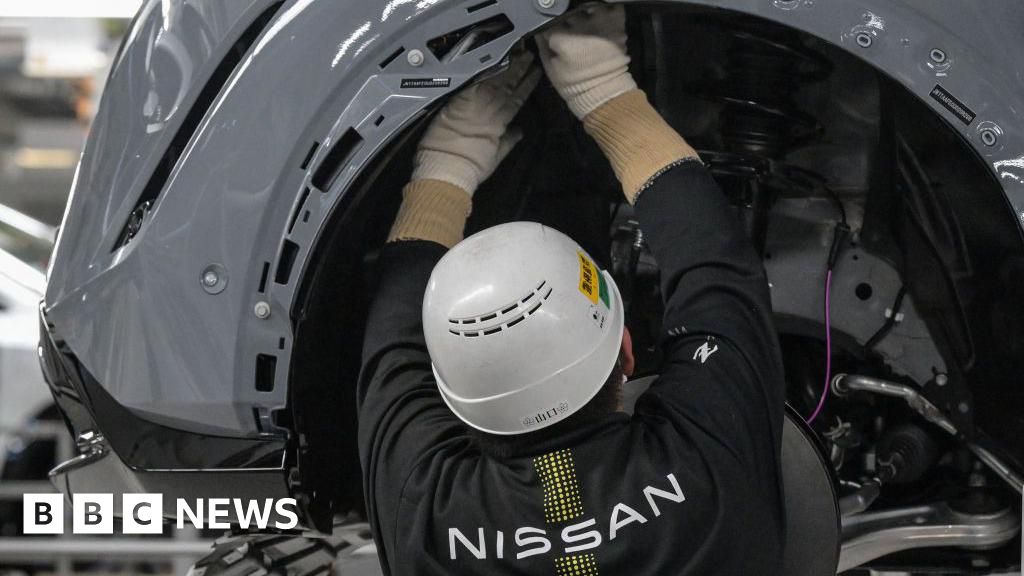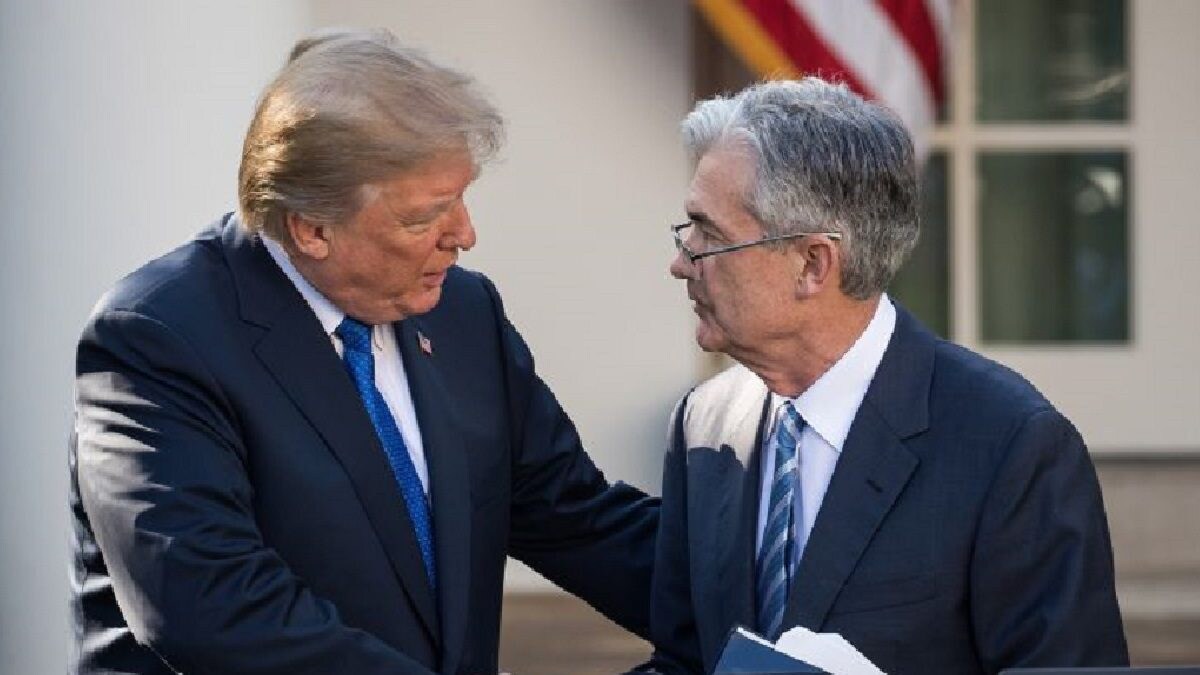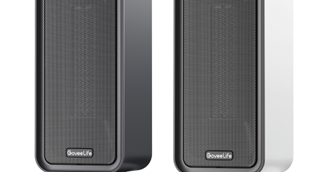At a launch event in Austin, Tesla CEO Elon Musk began delivering the futuristic electric vehicles to the first of thousands of buyers who have patiently waited through years of delays. Driving himself into a darkened auditorium full of fans, Musk emerged from the truck, climbed onto its bed and declared the vehicle “the most unique thing on the road.”
“Finally, the future will look like the future,” he said.
His presentation was full of stunts — including a video of a gunman shooting bullets at the truck’s door, to show how tough it was — but short on details about how quickly Tesla will be able to deliver the vehicles off the assembly line. Musk last month warned investors that ramping up production will be “extremely difficult” given the truck’s unique materials and design. He estimated the company could reach output of 250,000 a year in 2025.
On Thursday, Tesla unveiled the truck’s price: $61,000 to $100,000, depending on the model, according to the company’s website.
The pricier versions will have a range of 340 miles and a towing capacity of 11,000 pounds, the website said. The site didn’t list a towing capacity for the cheapest model, which will have a range of 250 miles.
At the Austin event, Musk played a video showing the Cybertruck beating two Ford F-series pickups — one electric and one diesel-powered — and Rivian’s electric R1T pickup in a towing competition.
To emphasize the vehicle’s speed, he played a separate film showing the Cybertruck beating a Porsche 911 in a race — while the truck was towing a second Porsche 911.
The long-awaited launch caps years of false starts and delays due to supply-chain pressures and other hiccups. Competition has also heated up, with Ford and Rivian beating Tesla to market with electric pickups of their own.
The Cybertruck had an inauspicious debut in a 2019 product demonstration, when Musk invited a colleague to test the “unbreakable” glass by hurling a ball at it, only to mutter a curse as the window shattered.
Early reactions at a Tesla showroom in Bethesda, Md., on Thursday suggest that the truck, like its inventor, is not for everyone.
“Singularly ugly … sinister!” pronounced Nancy Koran, a retiree and resident of Bethesda whose husband dragged her to the showroom to check out the truck.
“Breathtaking,” declared Nik Simic, a Tesla superfan in a Cybertruck T-shirt. “The pictures don’t do it justice.”
Simic, a swimming-pool designer who already owns a Tesla Model X Plaid, was so eager to view the truck that he made a diversion to the mall showroom as he was traveling home to North Carolina after attending a Kiss concert in Baltimore. He preordered a Cybertruck 18 months ago.
The Cybertruck’s unique, angular frame sets it apart from legacy automakers’ offerings such as the electric Ford F-150 and Chevrolet Silverado models that closely resemble their gas-powered predecessors. Tesla describes the Cybertruck’s stainless-steel body as a “nearly impenetrable” exoskeleton that should help the vehicle resist dents, damage and long-term corrosion.
The same factors that make the truck unique — the spiky design and massive steel frame — could also contribute to production issues, analysts say.
The company has none of the business advantages that come with building on a preexisting manufacturing template like Ford’s F-series. The parts that go into a Cybertruck generally can’t be spread across the company’s other offerings, making it more expensive to produce. And Musk has already admitted that ramping up to meet demand will be challenging.
“I do want to emphasize that there will be enormous challenges in reaching volume production with the Cybertruck and then in making Cybertruck cash flow-positive,” Musk said in an Oct. 18 call with investors. Any vehicle “that is as different and advanced as the Cybertruck,” he said, “will have problems proportionate to how many new things you’re trying to solve at scale.”
Tesla is taking reservations on its website, requiring a refundable deposit of $250. The company has notched more than 1 million reservations this way, Musk told investors last month.
Wedbush analyst Dan Ives estimated that the number of reservations is probably closer to 2 million, but he expects only 40 to 50 percent of those consumers to follow through on their purchase. Ives estimates that Tesla will be able to produce 2,000 to 3,000 trucks by the end of this year, and 10,000 a quarter sometime in the first half of 2024.
The truck’s pricing has risen since Tesla announced the vehicle in 2019. Back then, the lower-tier, single-motor version was just shy of $40,000, with the most expensive selling around $70,000. But the industry has experienced significant inflation in its component prices since then.
Brian Salcetti, a finance professional who stopped by the Bethesda showroom, predicted demand will be strong. “Elon Musk has a cult following,” he said. “I think everything he makes, people will buy up.”
Still, he wondered how people will maneuver the hulking vehicle through everyday life.
“I just don’t know how people can drive this,” he said. “You can’t fit it in a parking space.”















































